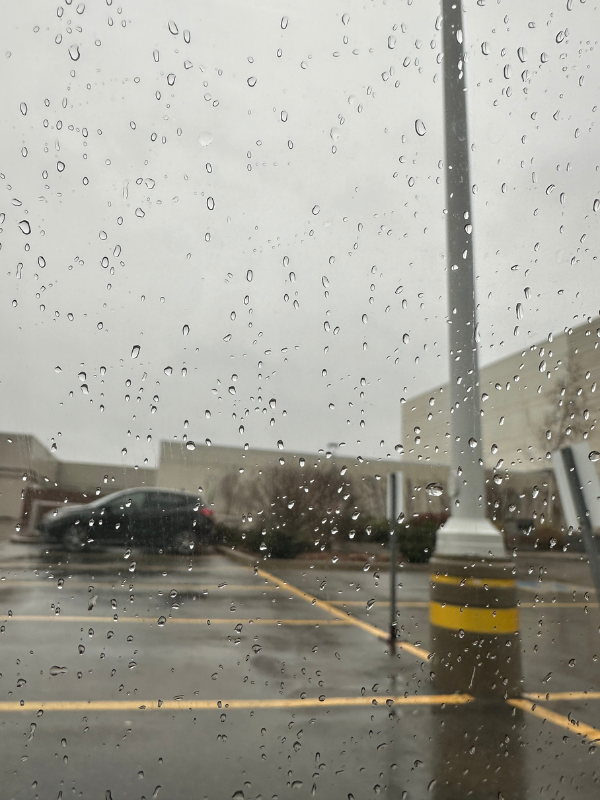
Let’s be honest, it isn’t always easy to practice gratitude, it can even feel irritating if someone suggests you do it. How can you practice gratitude when you’re experiencing hardship? is a gratitude practice a reasonable suggestion for trauma?
Here are 3 Reasons You May Have a Lack of Gratitude, and What to Do
1. Going Through a Hardship
When we’re experiencing loss or going through a hard time it can feel impossible to tap into gratitude. The thing about gratitude though, is that it’s there to support us through difficult times. I was listening to Oprah’s Super Soul Sunday podcast one day where Brene Brown shared the story of one of her case studies. This man’s wife passed away, and he was incredibly heartbroken, his number one regret was not showing her more love and appreciation while she was still here. His whole life he has been afraid of experiencing and expressing emotion to his fullest capacity. He assumed that gratitude would lead to disappointment when in actuality it heals us through disappointment. Had he leaned into the love that was available to him when his wife was alive, he would have joyful memories to look back on when he missed her. Instead, he had regret.
2. Feeling Jealousy and Comparison
Jealousy and comparison are emotions that strip us of our gratitude, but we can use gratitude to heal our jealousy. When you’re comparing yourself to someone or feeling jealous it’s your brain signaling a desire to you. Rather than letting jealousy consume us, we can show gratitude for our jealousy because it shows us our desires. We can also show gratitude and appreciation for the person/thing we are jealous of. If someone has something we desire that means it’s possible to achieve, someone else has given us proof that our desires are possible. Rather than feel jealous we can feel appreciation and excitement, putting our energy into gratitude will pull our desires in quicker than wasting it on jealousy and comparison.

3. Experiencing Trauma
Gratitude is an incredible tool, however, it can’t always be accessed until the trauma is processed. Anyone who tells you to grit your teeth and show appreciation through the trauma does not have your best interest at heart. Trauma is a deep experience that lives in our body and impacts our spiritual, mental, emotional, and physical well-being. Of course, we can feel gratitude even while experiencing trauma but it will not heal our trauma on its own. You must receive trauma-informed care or mental health support to work through the negative emotions. Then you can start to integrate gratitude as a tool. Gratitude has been proven to heal depression and anxiety, but it will not cure our trauma on its own.
What to Do
First, show yourself some love! If you’re currently struggling to tap into gratitude know that it’s okay and valid. There will always be moments or days where gratitude feels out of reach, but it doesn’t mean you won’t ever feel it. Next, let’s focus on sustainable forms of gratitude and small ways you can integrate it into your day-to-day life. Could you tell someone you love you appreciate them? Make a habit of saying thank you more, you could even start keeping a gratitude jar. Small actions will build momentum over time and before you know it gratitude will begin to feel second nature again.
Should you need assistance with getting started you can access our free Gratitude Practice guidebook here.
This post shared 3 Reasons You May Have a Lack of Gratitude, and What to Do
Thank you for reading Sipping on Gratitude, the blog where we spill the tea on all things personal growth & development. If you liked this post you may also resonate with:






[…] 3 Reasons You May have a Lack of Gratitude and What to Do […]